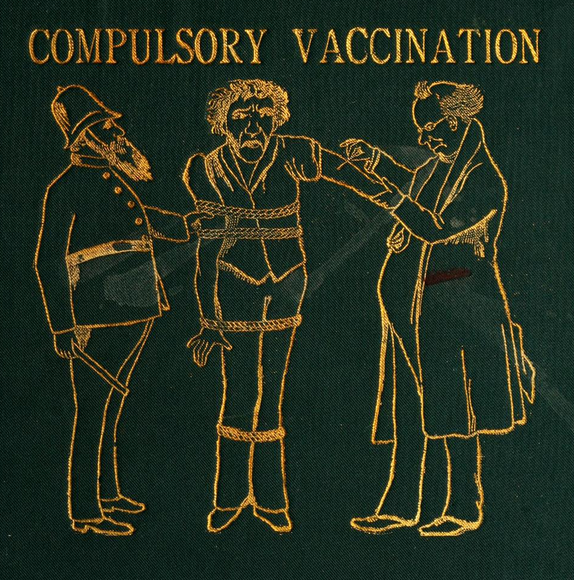Here is the abstract:
Alfred Russel Wallace was the last of the great Victorian naturalists, and by the end of his long life in 1913 he was also one of the most famous scientists in the world, lauded by leading learned societies, British royalty and US Presidents alike. Against all odds—lacking wealth, formal education, social standing or connections—Wallace became the pre-eminent tropical naturalist of his day. He founded one entirely new discipline—evolutionary biogeography—and, with Darwin, co-founded another: evolutionary biology. Yet today Darwin's name is universally recognised, while Wallace is all but unknown. Jim traces the independent development of Wallace's and Darwin's evolutionary insights, exploring the fascinating parallels, intersections and departures in their thinking.
